Benefits of Vitamin D

Vitamin D doesn’t get quite the same amount of attention in the health world as micronutrients such as Vitamin C or Iron. The benefits of Vitamin D are plentiful and so important for a healthy lifestyle.
Vitamin D is instrumental in the regulation and metabolism of your body’s calcium, phosphate and magnesium levels. It allows these ions to be absorbed into the bloodstream by way of the permeable walls of your gut. These metal ions are themselves important for the development and maintenance of bone structure, nerve health, and muscle function. The failure to absorb enough Vitamin D will prevent you from functioning at your best.
As an Amazon Associate I earn from qualifying purchases. When you use the links on this page to make a purchase I may get a small commission and you may get a great bargain. It’s a win-win all around. Support my page and I can continue to provide great tips, recipes, reviews and lifestyle advice. Ask me how by clicking here! Always consult a doctor for medical advice and supplement needs.
Since some people may spend less time outdoors, it is really important to eat food rich in Vitamin D. When your skin is exposed to sunlight, cholesterol naturally breaks down to produce Vitamin D. But for some people who don’t spend that much time in the sun, the body’s Vitamin D levels can decline. Luckily, there are plenty of healthy, natural sources of foods that are rich in Vitamin D. Here is a short guide to both the dangers of Vitamin D deficiencies, as well as a list of foods to make sure you stay healthy.

What are the Benefits of Taking Vitamin D?
There are many benefits of taking Vitamin D in both adults and children especially if you are in the category of not getting enough sunshine or eating a gluten free diet. Here is a list of some benefits of taking Vitamin D:
- Helps Prevent Osteoporosis by Strengthening Bones and Muscles
- Helps Improve Dental Health
- Helps Improve Pregnant Womens Health
- Helps Improve Respiratory Illness
- Helps Prevent Against Disease
- Boosts Immune System
- Improves Heart Function
This is the brand I use for Vitamin D:

Vitamin D is also found in alfalfa which is an ingredient in one of my favorite supplements, Skinny Protein. There are minimal traces of Vitamin D in Skinny Protein but I still recommend to use as part of your daily smoothie routine. Try Skinny Protein by clicking here. Use the discount code HEALTHYFOODIE for 15% off.
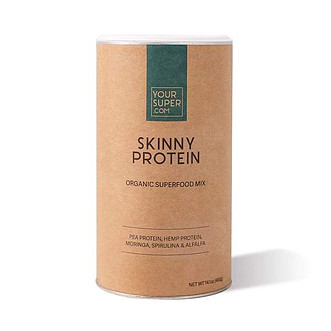
Is Vitamin D Good for your Skin?
Simply yes! Vitamin D has a known anti-inflammatory property, meaning that having adequate amounts of it in your body may help with the inflammatory symptoms of acne, such as redness and swelling around your spots. It is also used in some topical skin treatments and has antimicrobial properties. This may help with skin problems.
What Foods are Highest in Vitamin D?
- Salmon and Sardines-Oily fish is well known for its high Vitamin D content. Some good options include salmon, mackerel, and sardines. These bony fish also pack in quite a lot of calcium, making them a great choice if you are worried about your calcium levels.
- Egg Yolk-Chicken egg yolks are rich in Vitamin D as well as being rich in magnesium and iron. To get the full health benefits of the yolk choose organic grass-fed chickens.
- Milk, Cereals and Yogurt (fortified)-Though not naturally occurring, it’s helpful to know that good levels of vitamin D are often found in milks and many breakfast cereals. This is because they have been specially fortified with micronutrients, in order to help prevent deficiencies occurring in some diets. Check out the nutritional information on the back of the packaging to find out exactly what has been added.
- Orange Juice (fortified)-When added to the juice, fortified orange juice Can Give You a Healthy Start to the Day. One cup (8 fl oz) of fortified orange juice can add up to 137 IU of vitamin D to your daily total
- Liver-Animal livers are generally high in Vitamin D. Beef liver contains particularly concentrated amounts, as does cod liver oil. You can also get cod liver oil in supplement form, which can be taken every day.

What are the Signs of Low Vitamin D?
Before fully-fledged illnesses linked to low vitamin D levels develop, other signs of deficiency may be present. They are basically the general signs of being run down. These are symptoms that appear in a wide range of illnesses and lifestyles, if any or all of these things are bothering you, it may well be worth reviewing the amount of vitamin D you are getting, as well as making changes to your life, or speaking to a medical professional.
Muscle pain and spasms are symptoms of low vitamin D levels. This is because vitamin D allows phosphates and calcium to be absorbed, which in turn are responsible for healthy nerve and muscle function. Inadequate amounts of vitamin D could well be responsible for sufferers’ symptoms. Because of vitamin D’s role in health of the nervous system, it’s also thought to improve chronic pain, too.
Another sign of deficiency is tiredness. Studies have shown links between insufficient vitamin D levels and self-reported fatigue, particularly in women; those who increased their intake often report improvement.
Vitamin D deficiency can also lead to hair loss. There’s particularly compelling research showing a link between the onset of alopecia areata (an autoimmune disorder often resulting in unpredictable hair loss), and one study suggests that the topical application of the vitamin can stop people shedding hair.
Slow wound healing is also indicative of low vitamin D levels. It’s thought that vitamin D increases the production of new skin, as well as reducing the intensity of inflammation, which can lengthen the healing process.
What Vitamins are Missing in a Gluten Free Diet?
A gluten free diet does not, in theory, lead to deficiencies outright, it’s often the case that celiacs (and others who follow a gluten free diet) have vitamin deficiencies, particularly around the time of diagnosis. This is due to the fact that celiacs have damaged small intestines, preventing the absorption of vitamins and other nutrients into the body. Following a strict gluten free diet will help improve this.
Maintaining good levels of calcium and vitamin D is particularly important for celiacs; low bone mineral density is common amongst suffers, so it’s particularly important that they make sure they ingest the micronutrients that prevent damage.

Without proper care, gluten free diets can sometimes lead to vitamin deficiencies due to their restrictive nature. Vitamin B and D can easily become absent in a gluten free diet, as many people pick up an adequate amount through eating wholewheat breads and pastas. Because they contain gluten, such carbs are not allowed, and those who are gluten free will have to make an effort to ingest the vitamin in naturally gluten free foods (for instance, in dark green vegetables, fish, and milk).
Because the gluten free diet often involves relying on special shop-bought products, like gluten free cakes, breads and snacks, it’s easy to end up with vitamin deficiencies. It’s important that a gluten free diet mainly revolves around healthy, naturally gluten free foods, like fish, lean meat, vegetables, and dairy; unlike processed foods, these naturally contain far more vitamins and minerals.
The benefits of Vitamin D are still being researched, but all the existing evidence points towards its importance. It’s vital in skeletal and muscular development, as well as having a role to play in your skin health. Beyond this, of course, is the fact that Vitamin D is important for your health at a more ambient level. And it’s vital to get enough of it to help you function and feel at your best.
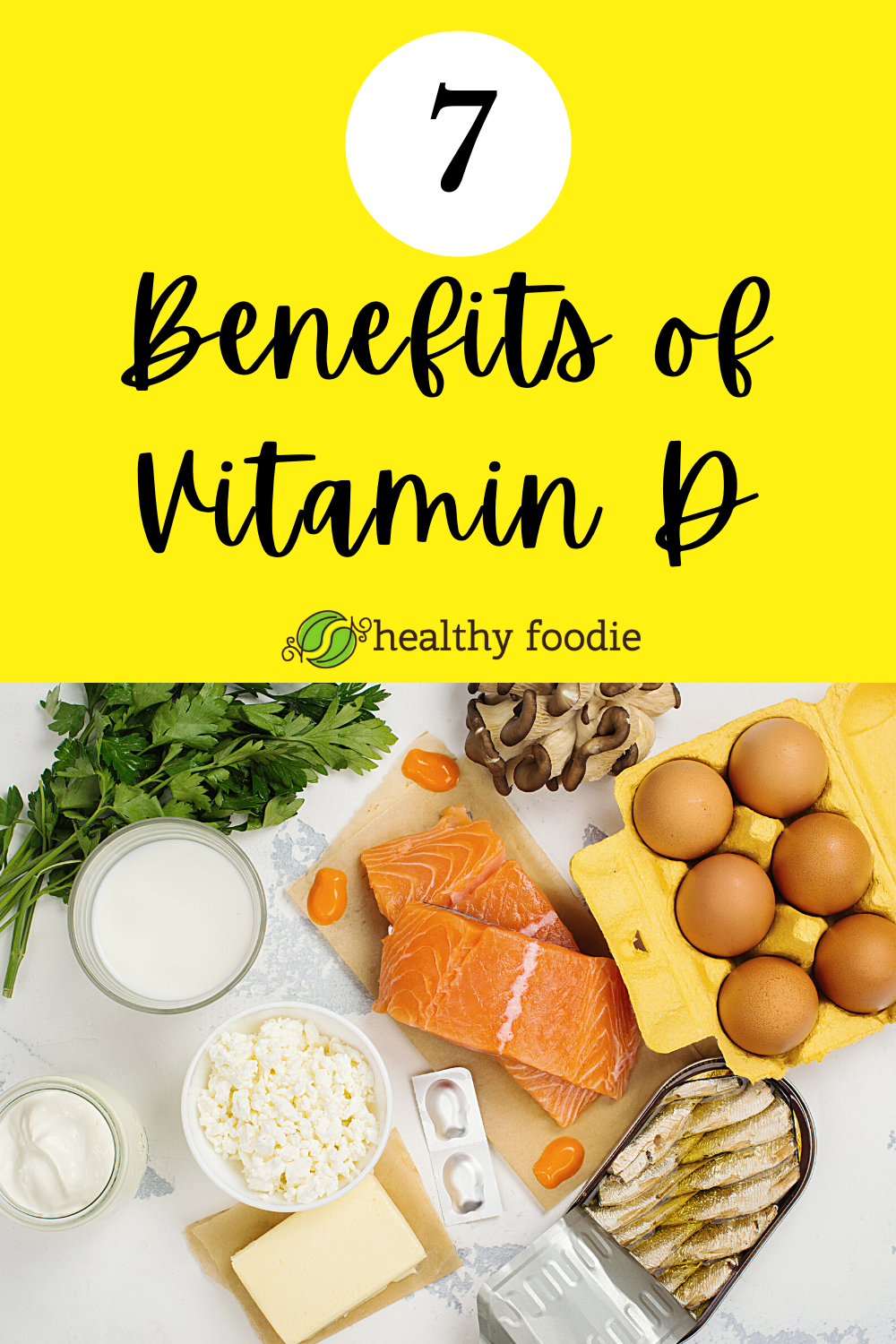


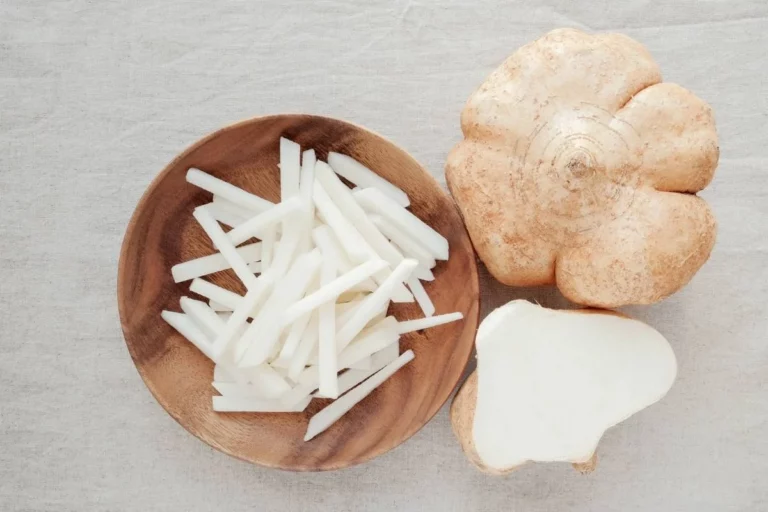
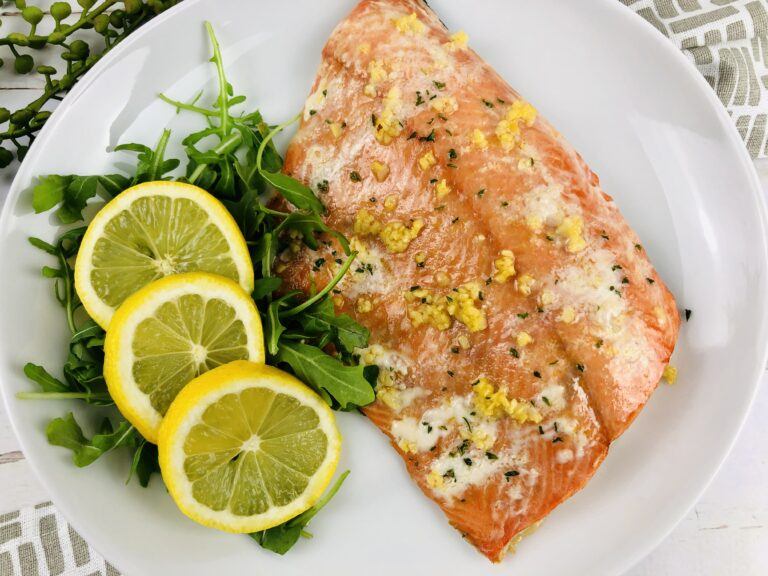

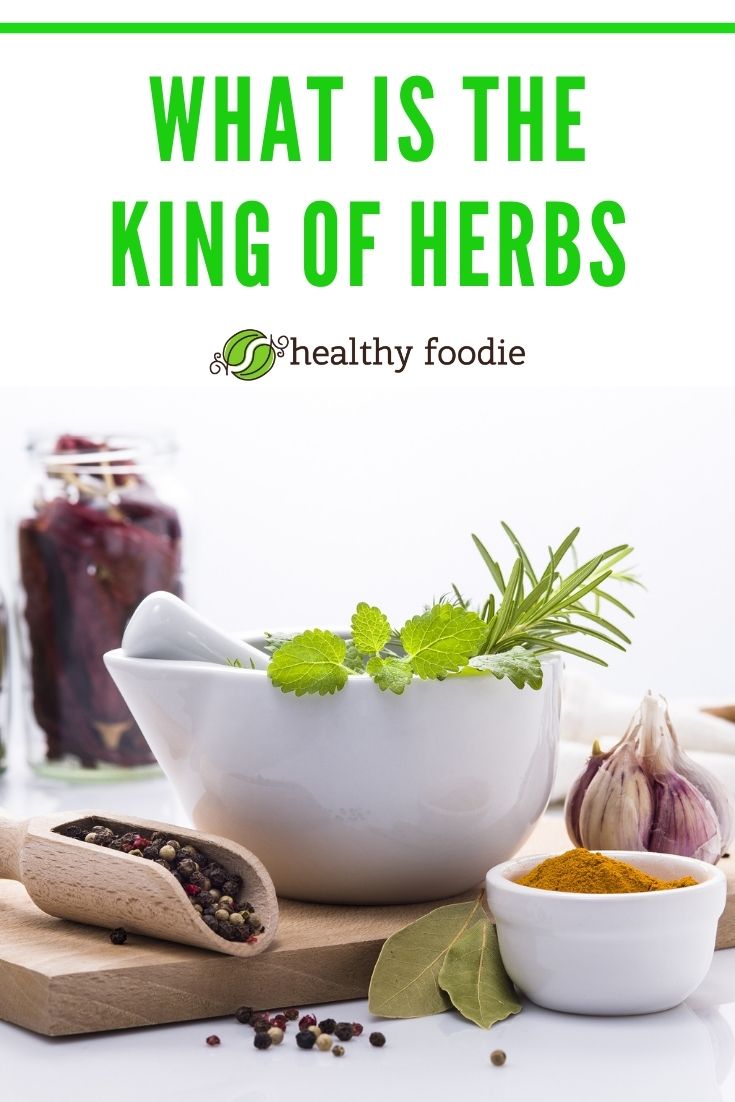
I’m living in SouthEast Asia, at a beach resort….. which unfortunately is currently in the third period of ‘lockdown’ due to the pandemic…..
So, all of the traditional ways I use to stay healthy are now not available. The gyms, swimming pools, beaches, restaurants, cafes, and virtually everything else are off-limits. People are shut up in their homes and apartments and are wearing masks whenever they go. This means the time we are exposed to the sun has been dramatically reduced, so we need to get our Vitamin D from other sources.
My sister uses the Metagenics brand and swears by it, so I might check that out because I understand how important vitamin D is for our overall wellbeing.
Thanks for the timely reminder.
Vitamin D is such an important but often overlooked vitamin key to metabolizing and regulating the body’s calcium, phosphate and magnesium which are important for developing and maintaining of bone structure, nerve health, and muscle function.
Tiredness, hair loss and slow wound healing are three things I will be on the look-out for. Lately, I have been experiencing a cloud of tiredness that comes in waves. Your article has help me realize that more outdoor activities are required – especially since the pandemic hit to ensure we get Vit D!. Thanks for the insightful article.
Ceci
Hi Ceci! I’m so glad my article helped you. Keep me posted if the tiredness goes away!